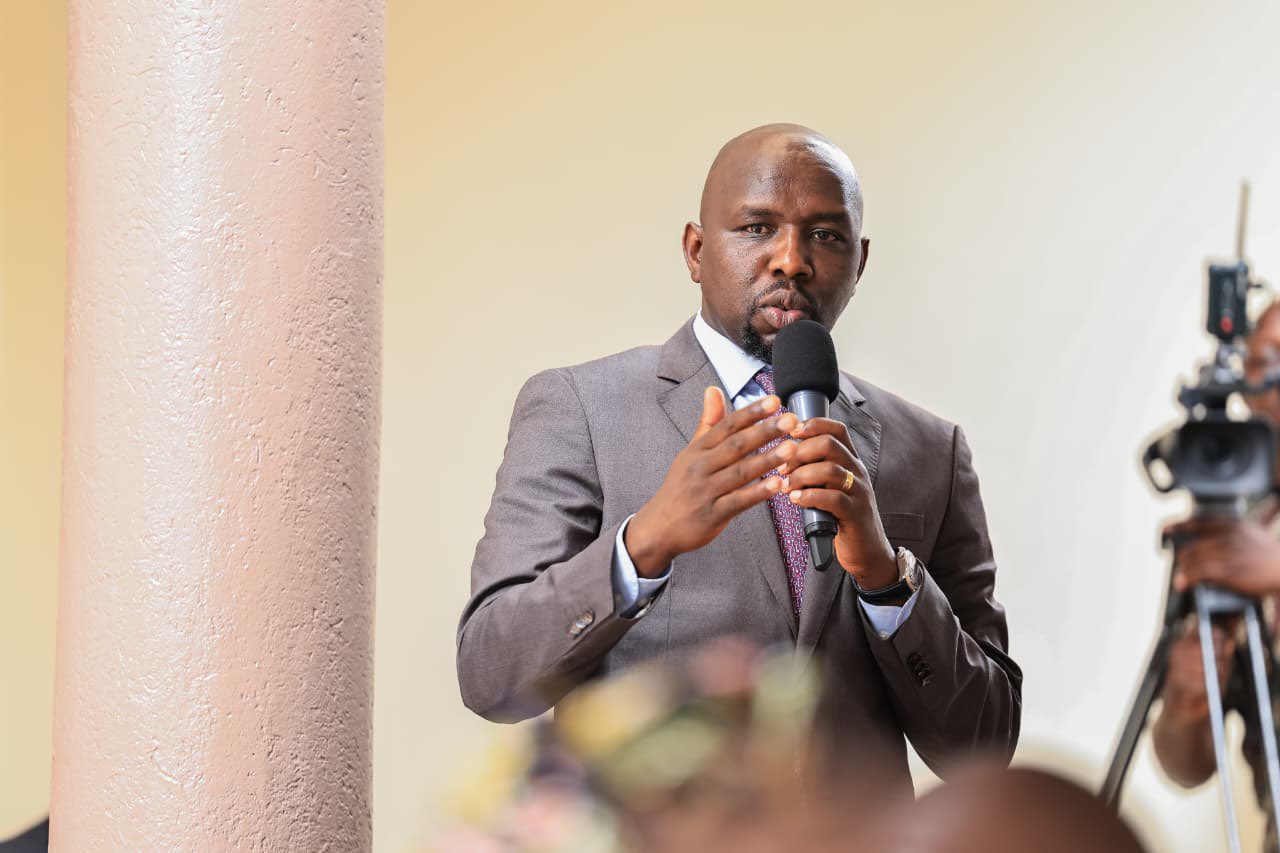Kenya has moved to outlaw the Muslim Brotherhood and Hizb-ur-Tahrir, officially declaring them terrorist organisations under the Prevention of Terrorism Act (Cap. 59B).
The directive was published in Legal Notice No. 157 of the Kenya Gazette Supplement on September 19, 2025, and signed by Interior Cabinet Secretary Kipchumba Murkomen.
The declaration, issued under Section 3(3) of the Act, took effect immediately. It criminalises involvement with the two groups, including membership, financial support, mobilisation, or dissemination of propaganda on their behalf.
“The declaration shall remain in force until it is revoked by the Cabinet Secretary or by order of the court,” Murkomen stated in the notice. This effectively places the ban in place indefinitely unless overturned by a court ruling or a later government decision.
Through the order, the government has also empowered security agencies to freeze assets, break up meetings, pursue extended detention of suspects under judicial oversight, and dismantle networks linked to the proscribed entities.
Analysts say the move signals a tougher approach to pre-empting extremist mobilisation in Kenya and the wider Horn of Africa.
The Muslim Brotherhood, founded in Egypt in 1928 by Hassan al-Banna, has long been described as the most influential Islamist movement of the 20th century.
Its ideology combines Islamic revivalism with social, educational, and political activism, with the ultimate aim of establishing governance based on Islamic law.
Over the decades, it has inspired affiliates and branches across the Middle East, North Africa, and beyond.
Although the Brotherhood has at times participated in democratic politics and provided welfare services, critics argue that it has fuelled extremist thought and served as an ideological foundation for groups such as Hamas, its Palestinian wing, which many countries already list as a terrorist organisation.
Countries including Egypt, Saudi Arabia, the United Arab Emirates, Bahrain, and Russia have all banned the Brotherhood, citing threats to national security and political stability.
By proscribing Hizb-ur-Tahrir alongside the Brotherhood, Kenya is signalling an intention to disrupt attempts at radical mobilisation early.
Hizb-ur-Tahrir, known for its call to establish a global caliphate, has been scrutinised in many countries for spreading hardline ideology, despite claiming non-violent methods.
Kenya’s decision places it in alignment with regional and international partners who have pushed for stronger action against transnational Islamist movements.
Officials argue the designations will help cut off both ideological influence and financial pipelines that feed radicalisation among vulnerable populations, particularly youth.
The announcement also comes against the backdrop of Kenya’s painful history with terrorism.
The country has endured devastating attacks, including the 2013 Westgate Mall siege that killed 67 people, the 2015 Garissa University massacre in which 148 students died, and the 2019 DusitD2 hotel complex assault that claimed 21 lives. All were carried out by al Shabab, the Somalia-based al Qaeda affiliate responsible for repeated cross-border raids.
In response, Kenya has implemented a range of counter-terrorism measures, from military operations in Somalia and tighter border security to community rehabilitation programmes and expanded intelligence operations.
These efforts have reduced the scale of attacks, though sporadic ambushes still occur in counties along the Somalia border.
By proscribing the Muslim Brotherhood and Hizb-ur-Tahrir, Kenya has underscored its intention to act before threats escalate, while also strengthening its international partnerships in the global fight against terrorism.

